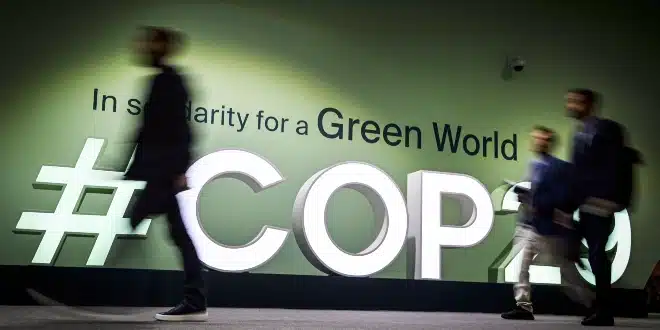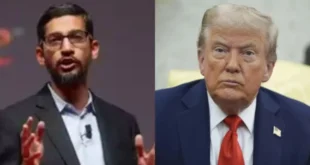A deal has been made at COP29 to allocate $300 billion annually to support climate action in developing countries, although the amount has been criticized as insufficient. While the sum represents three times the current financial contributions from wealthy nations to poorer states, advocates argue that at least $1 trillion was needed.
Ireland’s Environment Minister, Eamon Ryan, who participated in the talks in Azerbaijan, described the deal as “far from perfect” but a “hopeful starting point for financial fairness.” He emphasized the urgency of the situation, stating that walking away from the negotiations would have been unacceptable given the global climate crisis.
The agreement was finalized early on Sunday morning in Baku, 32 hours past the summit’s planned conclusion. Tensions ran high as representatives from poorer countries left the negotiations after rejecting an initial $250 billion offer. After the deal was confirmed in the final session, India objected, claiming that the Azerbaijani presidency had prevented it from speaking before the deal was formally agreed. India’s spokesperson criticized the deal as insufficient, receiving loud applause from the audience. Other nations, including Cuba, Bolivia, and Nigeria, also denounced the agreement, calling it “insulting.”
EU Climate Commissioner Wopke Hoekstra urged critics to view the deal as a starting point for a new phase in climate financing. He noted the challenging geopolitical environment surrounding the talks, which shows little sign of improvement. Despite the disagreements, he acknowledged that securing any deal in such circumstances was a significant achievement.
UN Climate Chief Simon Stiell warned developed nations that they must follow through on their financial commitments, emphasizing that the new climate finance goal was crucial for humanity’s future but would only be effective if the pledged funds are delivered promptly.
Further frustration arose at the summit’s conclusion when talks failed to yield a statement on phasing out fossil fuels. Last year, nations agreed to begin transitioning away from fossil fuels, and there had been hopes to strengthen this commitment. However, objections from the Arab group, led by Saudi Arabia, led to a watered-down reference to last year’s agreement rather than a new, more robust pledge. Both developed and developing nations raised objections, and the issue was deferred for future discussions.
Sean O’Loughlin from Friends of the Earth Ireland, who attended the talks in Baku, criticized the deal as a failure of climate justice. He argued that COP29 did not adequately support those most affected by climate change, particularly nations that have contributed the least to global emissions. O’Loughlin pointed to the influence of fossil fuel interests and wealthy nations, which he claimed were more focused on avoiding responsibility than ensuring a sustainable future for all.
 The Daily Star Ireland
The Daily Star Ireland

